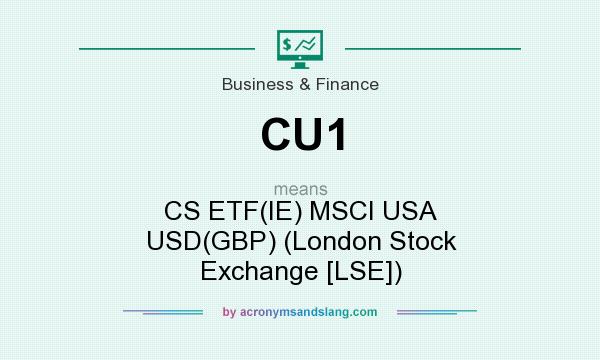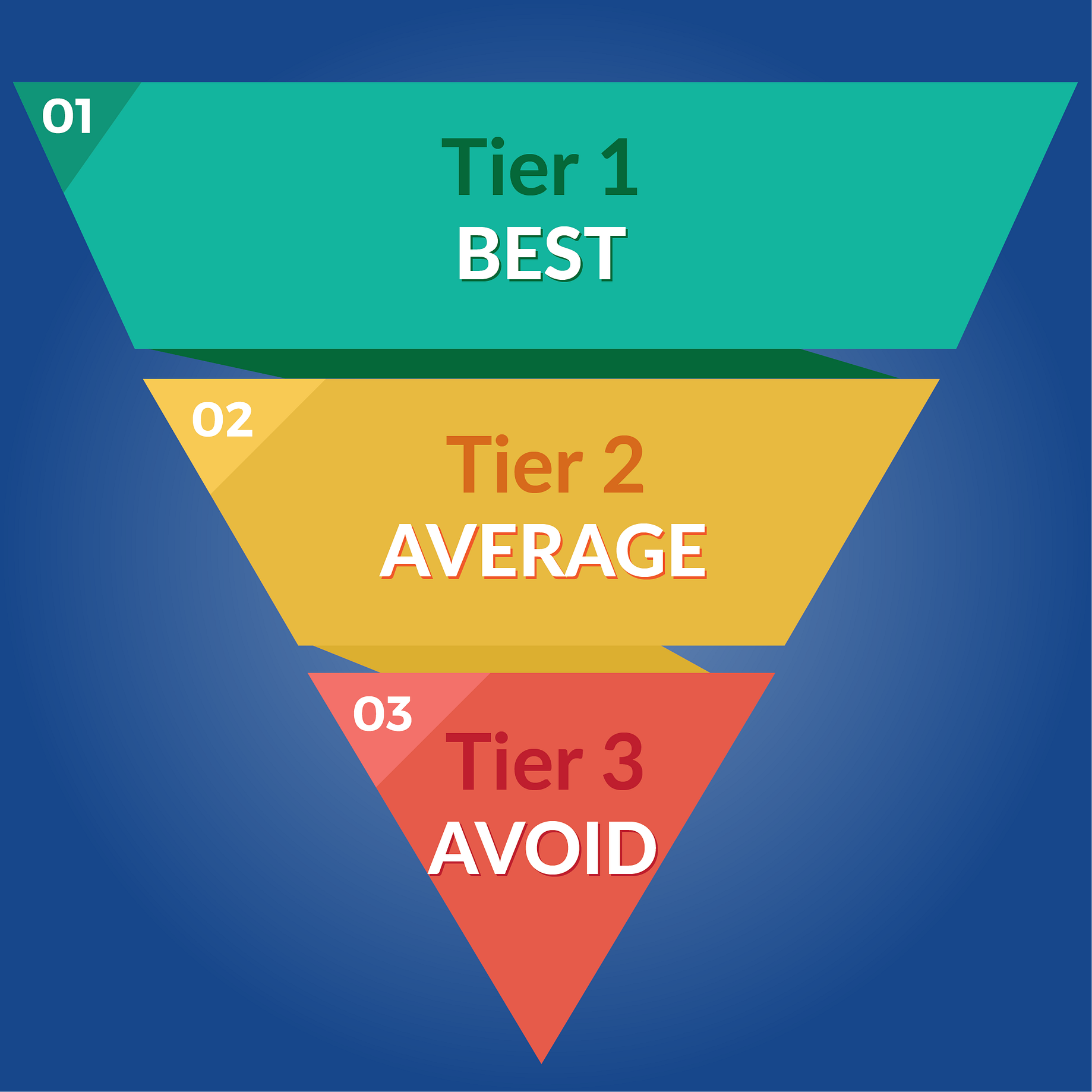If a buyer asked you to front them the cash to purchase your house from you, you 'd believe they were crazy. It's up to your purchaser to figure out a way to pay for your house, right? Believe it or not, there are in fact house sellers who use to loan purchasers the money to purchase their home: it's called owner financing. Source: (Ryan Bruce/ Burst) Likewise called seller financing or a purchase-money mortgage, owner financing is a plan where the home purchaser obtains some or all of the cash to buy your house from the current house owner. In many cases, this takes place due to the fact that the buyer does not wantor can't certify online forum traditional mortgage from a standard lending institution.
For example, let's say the accepted offer in between the purchaser and seller is $300,000. The buyer has 20%, or $60,000, to put down on the home, but their mortgage business just approves a loan of $200,000. With seller financing, the seller can provide the buyer the extra $40,000 needed to comprise the difference. Nevertheless, seller financing isn't normally anticipated to be a long-term arrangement. It's typically a short-term option till the purchaser can arrange a traditional loan for the full mortgage amountnormally within a couple of years. Because that holds true, the terms of these loans are frequently designed to inspire the purchaser to seek out alternative financing.

Fortunately is that, while this arrangement is a private mortgage between 2 civilians, it is a lawfully binding agreement with terms, conditions, and requirements to which both celebrations should adhereand option if the contract terms are violated. The bad news is that it's a personal loan between 2 private residents. And if you have actually ever encountered problem providing cash to family or good friends, it's only natural for the seller to be concerned about providing an even bigger sum to a stranger. "Seller funding can go really well if you're handling financially solvent people who have good jobs and are truthful," states Edie Waters a top-selling agent in Kansas City, Missouri, who's sold over 74% more properties than her peers.
However that wasn't constantly the case. In fact, the appeal of seller financing is influenced by rates of interest. "Right now we're not in this type of market, however in the '80s, the rate of interest was 18%," states Waters. "And those interest rates increased really quickly. So let's state the seller back then had a loan at 8%, however their purchaser can just get an 18% rates of interest. That's a 10% space." This typical scenario back in the 1980s, was why seller financing and the contract for deed ended up being a popular alternative. Instead of paying the bank 18% interest, the seller would keep their 8% home mortgage, how to get out of timeshare and charge their purchaser 12% -15% in the new, seller funded home loan.
What Is A Warrant In Finance - Truths
Otherwise you might face issues purchasing another home. If you're still paying a home loan on the home you've seller funded, you'll be responsible for and need to receive both home mortgages. "Today, I would not recommend that a seller deal owner financing if they still had a loan on their home," advises Waters. "Not unless they could just absolutely manage it, and wished to use it for a tax reduction." If you do run that risk, you could be stuck paying both home mortgages if your buyer defaults on the loan. Source: (Nicole De Khors/ Burst) There are a lot of advantages and disadvantages to owner funding, but perhaps the most significant threat that the seller requires to stress over is buyer default.
However you, as the seller, need to prepare that probably anywhere from 60% to 70% of the time you're going to get that house back," advises Waters. Keep in mind, purchasers who ask for seller financing generally can't get approved for a traditional home loan, or at least not for a loan large enough to cover the complete house cost. Which means that they are high-risk customers. High-risk purchasers are more most likely to default, but that's not the worst partif they refuse to leave. If they simply stop paying you, however don't vacate, you'll have to bear the expense to foreclose on the house.
" There's a great deal of danger on both sides, however there's a lot more threat in it for the seller," says Waters. "If it spoils, the buyer will get a bad credit report, down to 500 or less if they default on a loan. But the seller is stuck to the home and the condition it's in. They're stuck with all the required repair work, the cost of fixing timeshare exit team costs it up, all the added wear and tear on things like the roof, the home appliances and the A/C. What is a swap in finance. And they're stuck with the time and expenditure of offering it once again. So you need to be okay with the threat involved." Aside from the fact that there's a high possibility that you'll end up being financially accountable for the seller-financed home once again, you might not have the ability to structure the regards to the loan exactly as you 'd like.
Unfortunately, those reforms even affect private loanswhich means you may not have the ability to include that incentivizing balloon payment after all. Finally, since you're the one providing the cash, you'll only be getting paid in small installments over a duration of time, simply like a routine lender. Simply put, you won't have the ability to access your full equity in the home you offer to assist you purchase another one. The news isn't all bad, though. "The tax benefits are potentially big for sellers financing their purchasers," says Waters. We always encourage that they go to with their monetary advisor to make certain they comprehend all the tax rate advantages and disadvantages." Since your purchaser is paying you in little increments over a duration of a number of years, the federal government concerns this Informative post as an installment sale which includes significant tax breaks.
The Best Strategy To Use For What Does Ach Stand For In Finance

The greatest pro is that as the loan provider, you keep the title to the residential or commercial property till you're paid completely, so if your buyer does default, the house is still yoursno matter how much money they have actually currently paid towards their home mortgage. Source: (Ryan Bruce/ Burst) If it seems like seller funding is the right alternative for you, then you'll need to understand what to do: The first thing you need to do is make sure you're financially protected sufficient to deal with the threats that include seller financing. It's inadequate to simply own your home outrightyou should also have adequate cash conserved to cover repairs, taxes, insurance, and any other costs you may require to cover up until you can get the house offered once again.